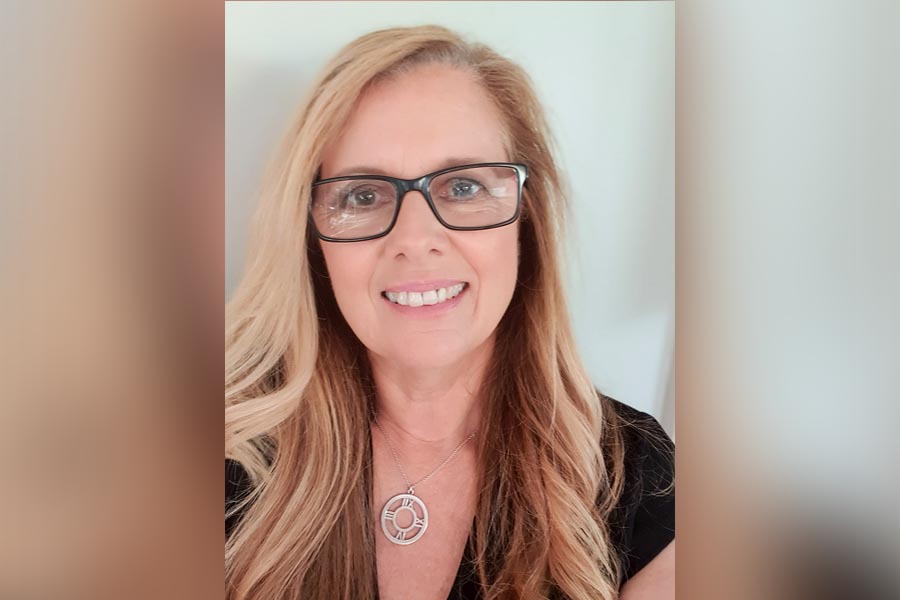
On Sunday night, Victorian Premier Daniel Andrews announced a six-week lockdown of the state as part of Stage 4 restrictions, set to go in effect from today.
For schools, the changes mean that flexible and remote learning will be brought in for all schools across the state, but Premier Andrews confirmed that site learning will be available for students of parents who are working and those attending specialist schools.
While a growing body of research reveals the psychological impact that the pandemic is having on children, those with disabilities are negatively affected by the classroom shutdown in ways that mainstream students are not.
Children with neuromotor disabilities such as cerebral palsy are more likely than others to have mental health symptoms, which may be exacerbated during the pandemic.
Additionally, the well-being of children with intellectual or language disabilities may be negatively affected due to difficulties understanding the pandemic and the need for certain health precautions.
One school that has been providing exemplary support for special needs students is Giant Steps, where the transdisciplinary approach to education has played a significant role in helping vulnerable young people thrive in their learning.
In recognition of its successful programs, Giant Steps Australia won The Educator’s Special Education School of the Year in 2018 and 2019, and has been named a finalist for the same accolade ahead of the Australian Education Awards 2020.
Kerrie Nelson, Giant Steps’ principal and national director of schools and colleges, was recently named a finalist for the School Principal of the Year – Non-Government Award for the forward-thinking leadership she has demonstrated during this challenging time.
At the onset of COVID-19, Nelson said the school doubled down on social distancing in both classrooms and staffrooms and ramped up hygiene, both in terms of rigorous hand-washing and environmental factors, making these practices part of the every day work of students and staff alike.
“We split classes, changed times, changed arrival and departure, separated Primary and Secondary programs, thought about increasing physical exercise for our students – so many measures,” Nelson told The Educator.
“As we go into Stage 4 restrictions and a State of Disaster, we are looking at how to remain open and keeping everyone safe as COVID-19 inches closer to all our lives in Victoria”.
‘We’ve underestimated the flexibility of students’
Despite surveys revealing the hardships that students have faced as a result of the pandemic, Nelson believes society may have underestimated students’ flexibility and willingness to adapt as so many changes came upon them without much forewarning.
“I think it also says a lot about setting clear explicit expectations and working really hard to develop teaching and learning strategies to assist children,” she said.
“We all know this but to see it so clearly in action as we all worked to keep each other safe and the students has been an extraordinary effort from our whole community”.
Nelson said that as challenging as 2020 has been for leaders, principals have also thrived in their roles through the pandemic.
“Principals have shined as they lead their staff and community, being flexible in their leadership style and creating different opportunities for their schools,” Nelson said.
“They have also encouraged their staff to grab hold of the challenge and see it as an opportunity that may in fact change some of our perceptions about education in the medium to long term”.
Exciting things ahead
Before the pandemic, Giant Steps was in the process of kicking off its Training Hub after acquiring a space to run courses, particularly around working with schools on an ongoing basis to share knowledge and skills and to work through problems of practice for students with autism/disabilities in their school.
Nelson said that while the Training Hub has been put on hold, the school is developing digital suites to launch later in the year.
“Giant Steps has expanded the AutismHub a repository of resources about good practice in the area,” she said.
“We are keen to share what we know and work together as teaching and therapy professionals”.


